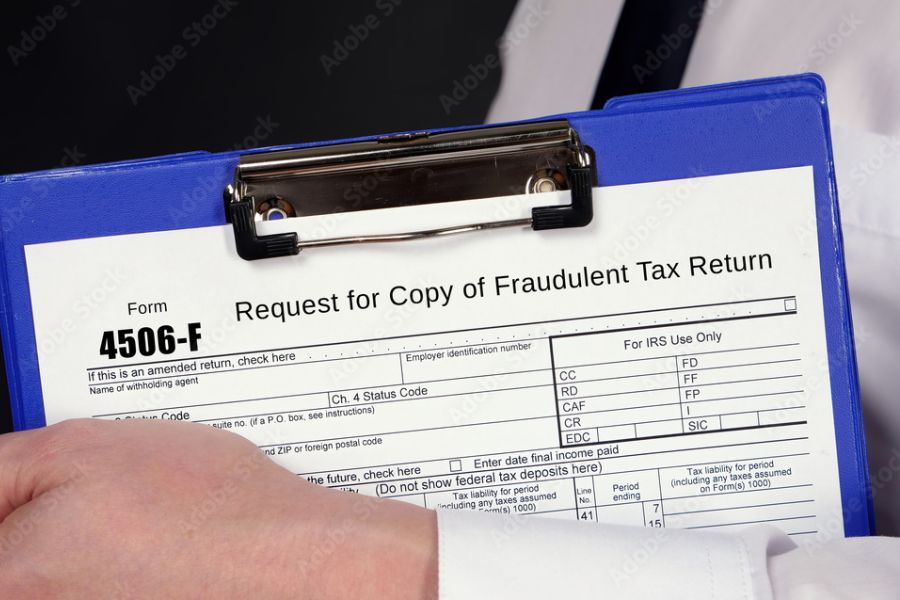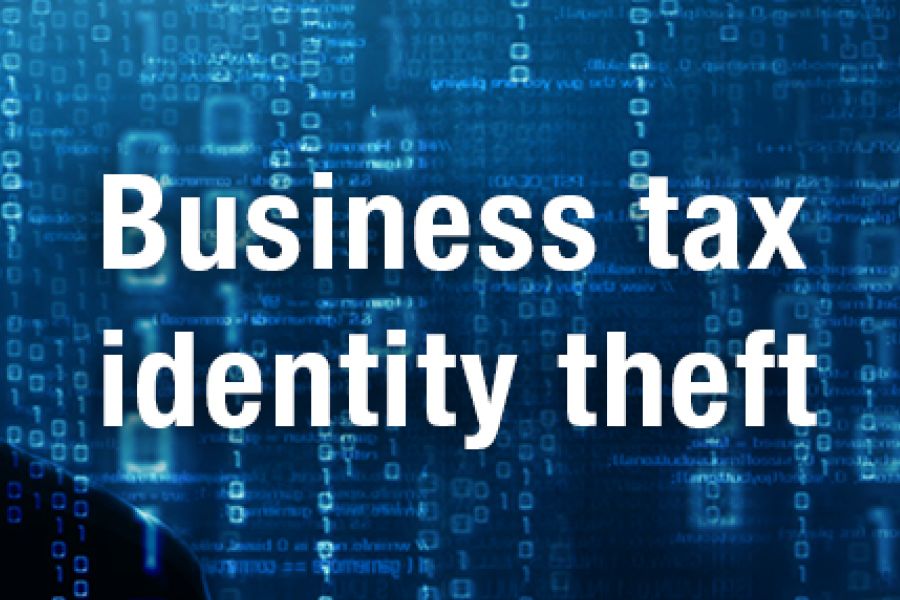In Fact Sheet 2022-25, the IRS has provided information about how taxpayers should handle non-tax and tax-related identity theft. When a taxpayer believes their personal information is being used to file fraudulent tax returns, they should submit a Form 14039, Identity Theft Affidavit, to the IRS. But in most cases, taxpayers do not need to complete this form. Only victims of tax-related identity theft should submit the Form 14039, and only if they haven't received certain letters from the IRS. All taxpayers can request an Identity Protection Personal Identification Number (IP PIN) using the Get An Identity Protection PIN (IP PIN) tool on IRS.gov to protect themselves from becoming a victim of tax-related identity theft. What is tax-related identity theft? Tax-related identity theft occurs when someone uses a taxpayer's...







